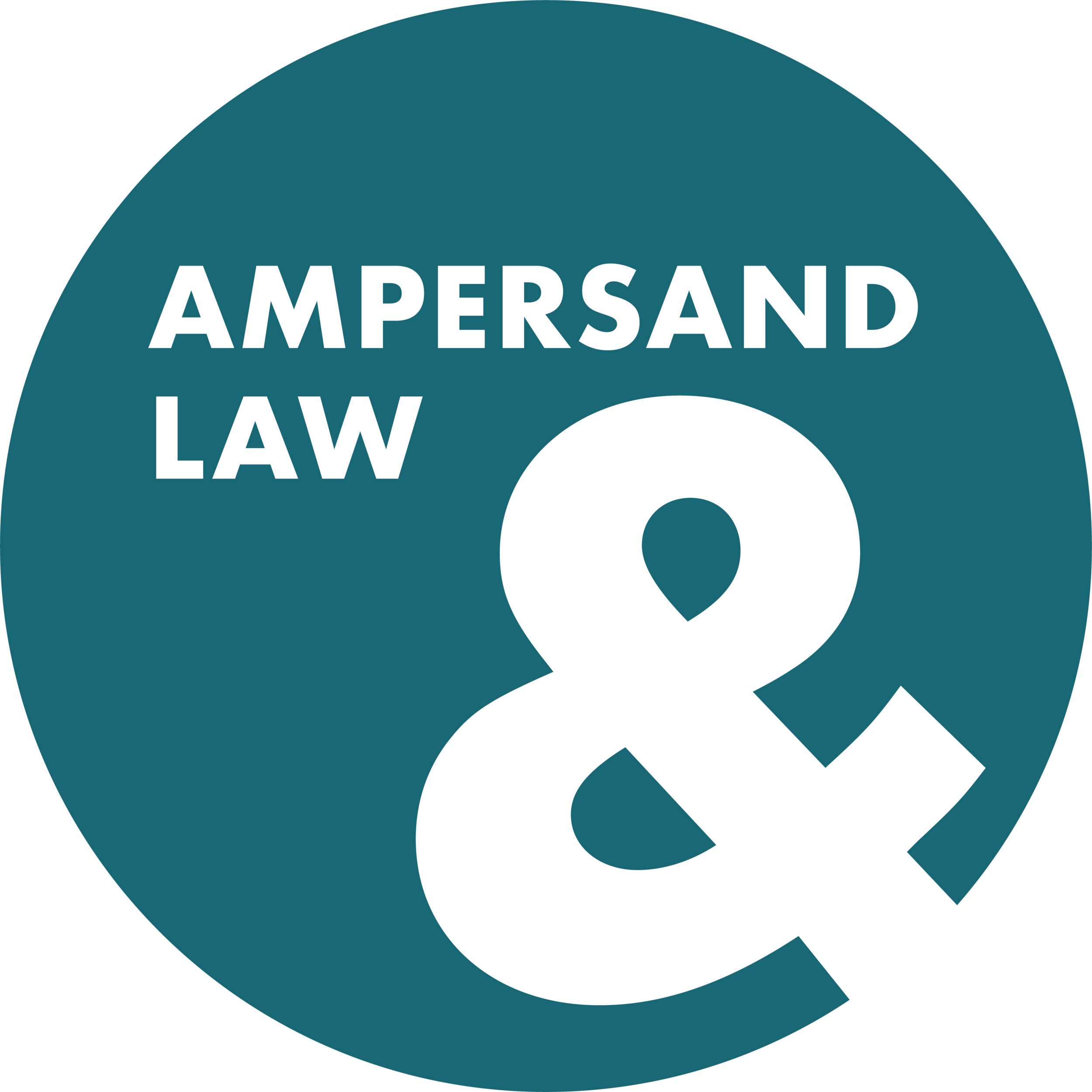Where There's a Will, There's (Probably) a Way.
First things first:
How a Will is made and what is can (and cannot) do is controlled by state law.
Different states allow different types of Wills.
But generally speaking, in your Will you are able to provide specific information about the following:
What you want done with your probate property when you die (aka distributions - what/how much goes to which people or institutions or charities);
Helpful hint: to understand the difference between probate and non-probate property - click here.
Who you'd like to take care of your minor children in the event both of their legal parents can no longer do so (Guardianship nomination);
And also, how you want the money those children will inherit to be managed until they are adults (Testamentary Trust);
Who you'd like to take care of your pets;
Specific instructions you have about your "final disposition" (that is, your funeral/memorial service, cremation, burial, etc.); and
Who you want to be responsible for dealing with all of this (Executor or Personal Representative).
A Will also provides your Executor (or Personal Representative) with the authority to do things like close your accounts, use estate money to pay your debts and final expenses (including medical bills, funeral costs, etc), and consolidate your remaining assets in order to make the distributions you specified.
Without a Will (or a different kind of estate planning document), it won't matter whether or not you told your loved ones what you wanted before you died. Everything that is "subject to probate" (go back up to the difference between probate and non-probate property above, if needed), will be dealt with through the intestacy laws (aka intestate).
Until your death, a Will is just a plan (put another way - it has no legal power until you die). After death, what happens next with your Will depends on several factors and is a topic for a different blog post. Spoiler alert: it's usually when the Probate or Estates Court gets involved.
Ready to get started or want to review your existing documents? Contact me.

